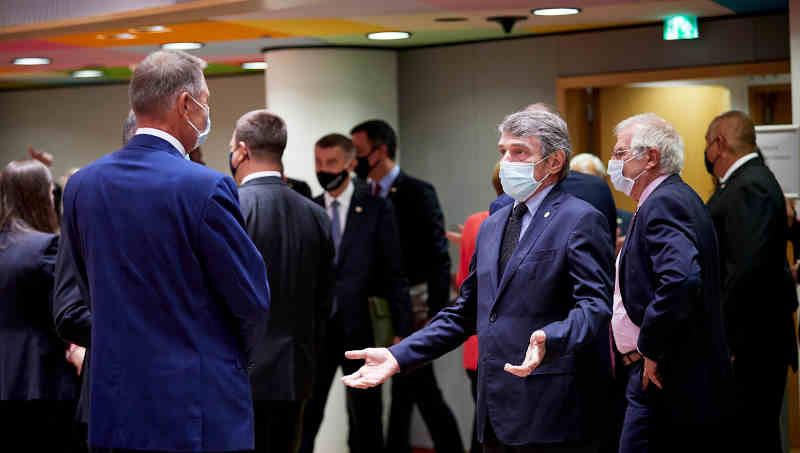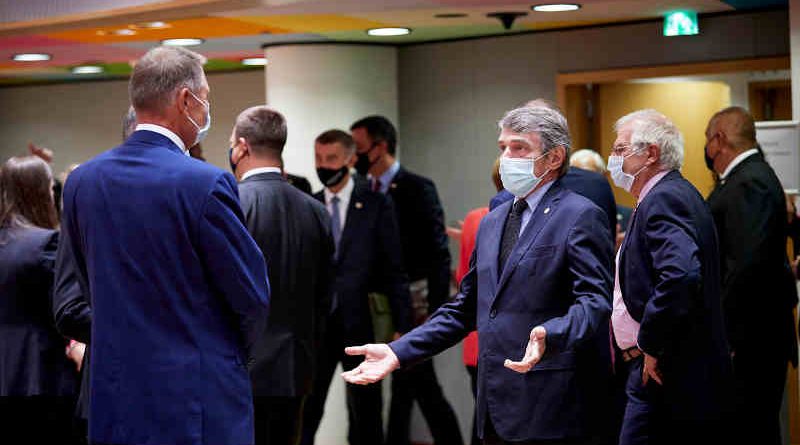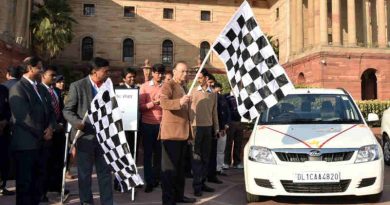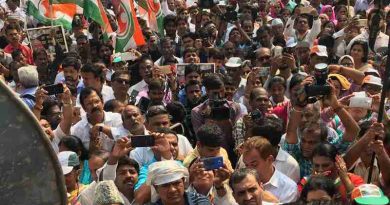Citizens’ Panels to Decide the Future of Europe

Each panel will deal with some of the topics on which people have been invited to propose ideas.
The Conference on the Future of Europe is putting people at the centre of the discussion on how the EU should evolve to face future challenges. Citizens’ panels have an important role to play: they will discuss ideas from events across the EU and proposals submitted through the Conference platform and will make recommendations to be discussed with EU institutions and other stakeholders.
According to the European Parliament, there are four citizens’ panels, each one including 200 citizens. Panel members have been selected randomly, but in a way that reflects the EU’s diversity. For example, there will be an equal number of men and women in each panel as well as a proportional representation of Europeans from urban and rural areas. Young people between 16 and 25 will make up one third of the members.
Each panel will deal with some of the topics on which people have been invited to propose ideas. The topics include economy, social justice, education, employment, culture, youth, sports, and digital transformation. Additionally, the discussions will cover subjects such as European democracy, values and rights, rule of law, security, climate change, environment, health, and migration.
Panel members will be able to raise additional issues. Independent experts will be available at the meetings to provide advice. Each of the panels will meet three times. The first sessions will take place over four weekends between 17 September and 17 October in Parliament’s premises in Strasbourg.
The second sessions will take place online in November and the third sessions will be held in December and January in cities across the EU, if the health situation permits.
Panels will formulate recommendations, which will be discussed at the Conference Plenary that brings together citizens, representatives of EU institutions and national parliaments as well as other stakeholders. Twenty representatives from each panel will take part in Conference Plenaries and will present the outcome of panels’ work.
The panels’ recommendations will feed into the final Conference report, which will be prepared in the spring of 2022 by the executive board of the Conference. The board comprises representatives of the European Parliament, the Council and the Commission – the institutions that will have to follow up on the conclusions – as well as observers from all Conference stakeholders.
The report will be drawn up in full collaboration with the Conference Plenary and will have to receive its approval. Panel sessions where all members meet will be streamed online. More details about them will be available on the Conference platform.




